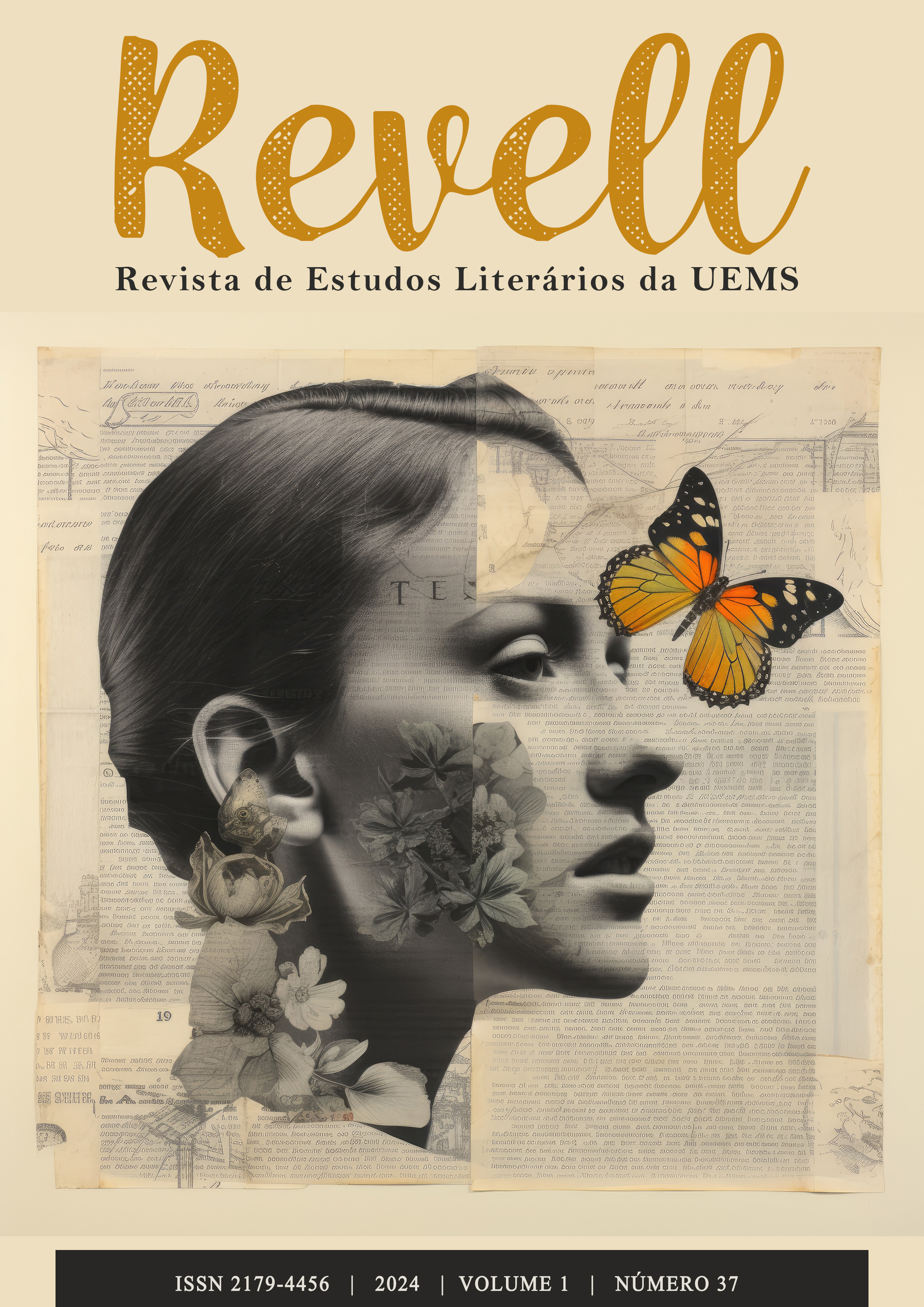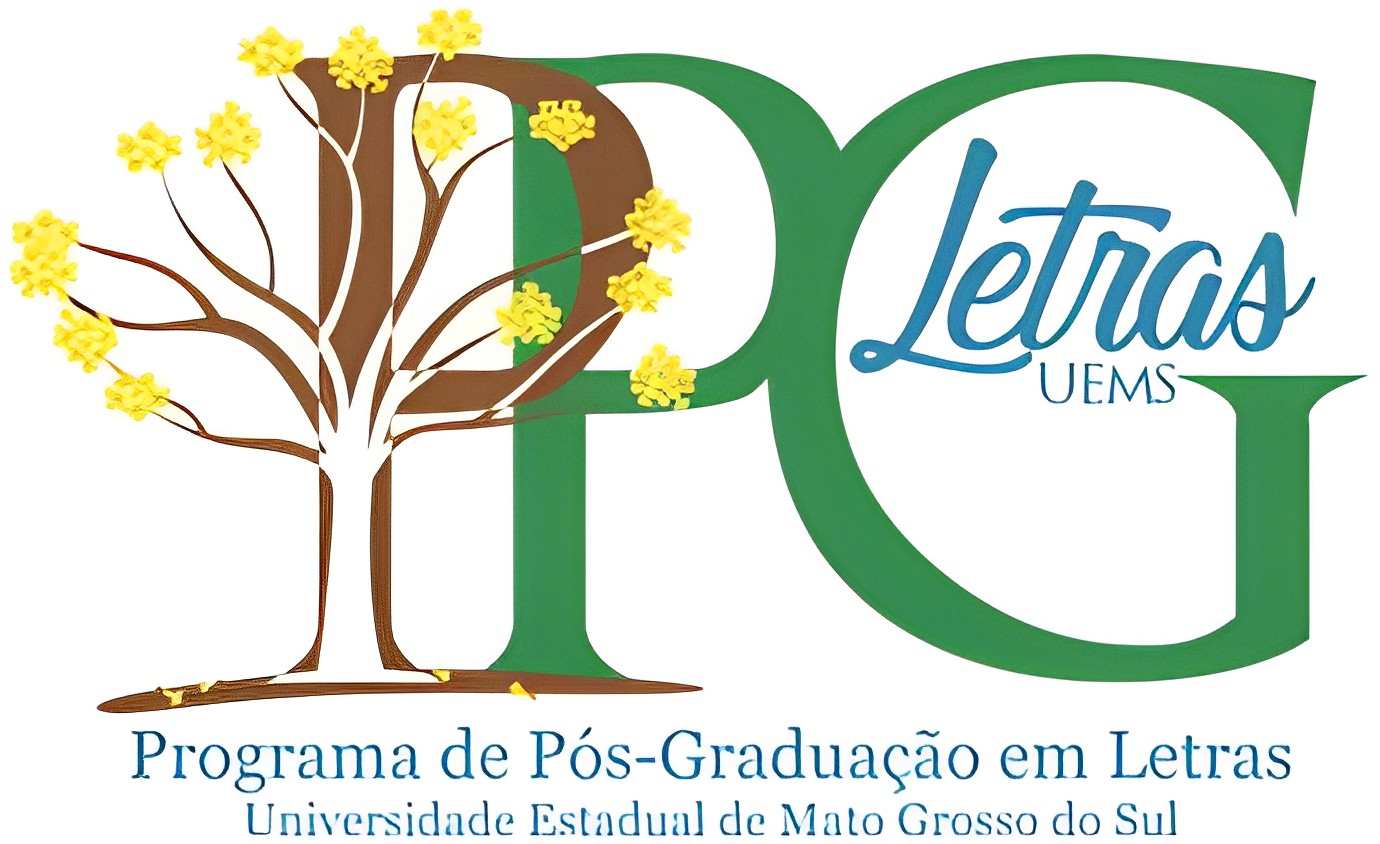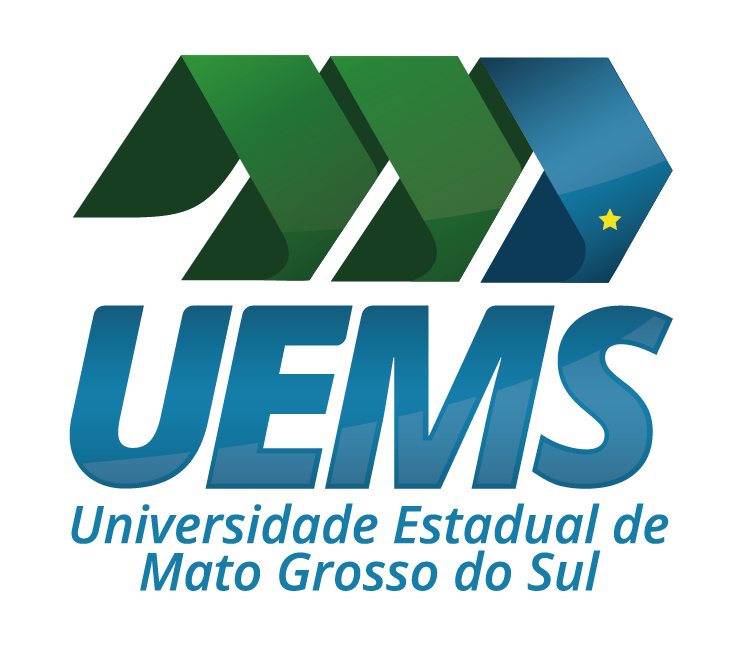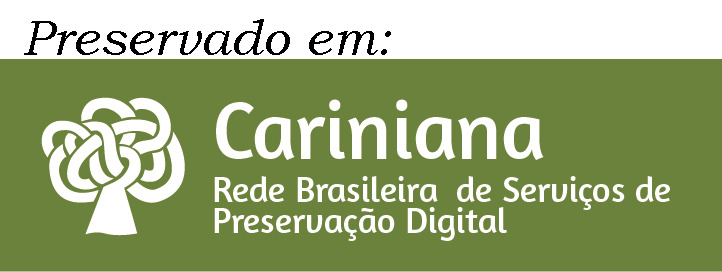Longe da Água, by Michel Laub
from narrative building to the problematic hero
DOI:
https://doi.org/10.61389/revell.v1i37.7783Keywords:
Contemporary, Longe da água, Michel Laub, NarratorAbstract
The objective of this work, from a look towards the narrator self (present) and the narrated self (past), is to think about the characteristics of the contemporary narrator, observing how the temporal element acted in this character of the novel Longe da água (2004 ), by Michel Laub. Regarding the methodology, it is based on the narratological perspective of Gérard Genette (1979), and comes to the studies of Sigmund Freud by facing the traumatic trajectory of the protagonist character of Michel Laub. Furthermore, the reflections of Jeanne Marie Gagnebin (2006) will be relevant for understanding the role of memory in the construction of the novel by Laub's author-hero. By understanding that the traumatic trajectory of the protagonist is directly linked to his choices made in the past, the presence of the problematic hero within the novel is glimpsed and, thus, Georg Lukács (2000) will be invited to the discussion. It is hoped that this work results in an understanding of certain peculiarities of contemporary Brazilian literature, which seems to assume the difficult mission of representing the individual as a being torn apart by interiors conflicts.
References
BAKHTIN, Mikhail. Estética da Criação Verbal. Trad. Maria Ermantina Galvão G. Pereira. São Paulo: Martins Fontes, 1997.
BENJAMIN, Walter. O narrador: considerações sobre a obra de Nikolai Leskov. In: BENJAMIN, Walter. Magia e técnica, arte e política: ensaios sobre literatura e história da cultura. Trad. Sergio Paulo Rouanet. São Paulo: Brasiliense, 1994. p. 197-221.
FREUD, Sigmund. Moisés e o monoteísmo. Trad. José Octávio de Aguiar Abreu. Rio de Janeiro: Imago, 1969.
FREUD, Sigmund. O mal-estar na civilização. Texto copiado integralmente da edição eletrônica das obras de Freud, versão 2.0 por Tupykurumin. Disponível em Acesso em: 20 abr. 2015.=
GAGNEBIN, Jeanne Marie. Memória, História, Testemunho. In: GAGNEBIN, Jeanne Marie. Lembrar, escrever, esquecer. São Paulo: Editora 34, 2006.
GENETTE, Gérard. O discurso da narrativa. Trad. Fernando Cabral Martins. Lisboa: Arcadia, 1979.
LAUB, Michel. Longe da água. São Paulo: Companhia das Letras, 2004.
LUKÁCS. Georg. A teoria do romance. Trad. José Marcos de Macedo. São Paulo: Duas Cidades, 2000.
Downloads
Published
How to Cite
Issue
Section
License
Copyright (c) 2024 REVELL - UEMS JOURNAL OF LITERARY STUDIES

This work is licensed under a Creative Commons Attribution 4.0 International License.
DECLARAÇÃO DE ORIGINALIDADE E EXCLUSIVIDADE E CESSÃO DE DIREITOS AUTORAIS
Declaro que o presente artigo é original e não foi submetido à publicação em qualquer outro periódico nacional ou internacional, quer seja em parte ou na íntegra. Declaro, ainda, que após publicado pela REVELL, ele jamais será submetido a outro periódico. Também tenho ciência que a submissão dos originais à REVELL - Revista de Estudos Literários da UEMS implica transferência dos direitos autorais da publicação digital. A não observância desse compromisso submeterá o infrator a sanções e penas previstas na Lei de Proteção de Direitos Autorais (nº 9610, de 19/02/98).



















